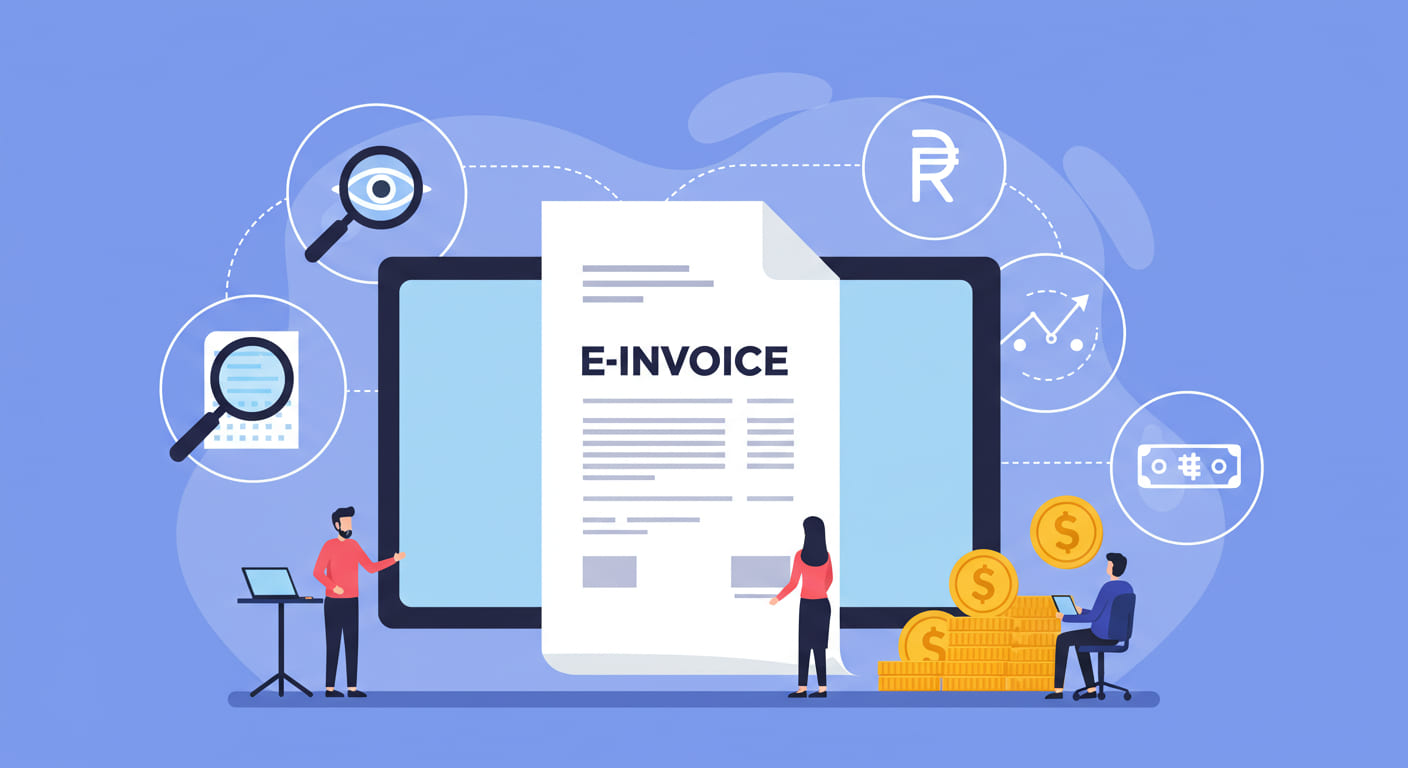Saudi Arabia is rapidly advancing in its digital transformation, aligning with Vision 2030 to enhance economic efficiency and transparency across sectors. One of the most significant shifts in the business landscape is the widespread adoption of electronic invoicing. The electronic invoice KSA framework, implemented by the Zakat, Tax and Customs Authority (ZATCA), is not just a compliance requirement—it’s a strategic step toward operational excellence.
By eliminating paper-based systems and introducing structured, real-time invoicing, businesses can benefit from increased accuracy, streamlined operations, and greater accountability. The move toward digital invoicing also supports the national goal of reducing tax fraud and promoting fiscal discipline.
To help companies comply seamlessly, Daysum offers an end-to-end electronic invoicing solution designed specifically for Saudi businesses. From legal formatting to real-time integration with government systems, Daysum ensures full compliance while driving business growth.
What is an Electronic Invoice in KSA?
An electronic invoice in KSA refers to a digitally generated invoice that meets the technical and legal standards set by ZATCA. It replaces traditional paper invoices with a structured digital format, primarily XML, which includes mandatory data fields like buyer and seller information, tax details, and timestamps.
The legal framework surrounding electronic invoicing in Saudi Arabia mandates that all taxable businesses issue, store, and report invoices electronically. This system allows ZATCA to monitor transactions in real time, enhancing tax collection efficiency and ensuring full transparency in business dealings.
Electronic invoicing is now a legal obligation for many businesses across the Kingdom, with phased rollouts to cover all sectors. Non-compliance can lead to administrative penalties, making it essential for companies to adopt approved solutions without delay.
Regulatory Requirements for KSA Businesses
To remain compliant with the electronic invoice KSA regulations, businesses must follow strict technical and operational guidelines. These include:
- Mandatory Fields and Structure
Invoices must contain specific fields such as the seller’s VAT registration number, invoice issue date, line-item details, and a digital signature. The format must follow XML standards to ensure uniformity and compatibility with ZATCA systems. - ZATCA Mandates and Deadlines
ZATCA rolled out e-invoicing in two phases. The first phase required businesses to generate and store structured e-invoices, while the second phase (Integration Phase) mandates real-time reporting to ZATCA’s FATOORA platform. Businesses must be ready for this integration and ensure their systems are technically compatible.
How Electronic Invoices Support Business Growth
Electronic invoicing goes beyond regulatory compliance—it creates tangible business advantages:
- Real-Time Tracking
With digital invoicing, businesses can instantly access invoice statuses, track payments, and monitor cash flow in real time. This transparency enables better decision-making and financial planning. - Reduction in Fraud and Errors
Automated systems reduce the chances of human error and fraudulent invoice manipulation. All transactions are digitally signed and timestamped, ensuring a secure and tamper-proof record. - Faster Payment Cycles
Electronic invoices are easier to process, send, and receive, significantly shortening the payment timeline. This improves liquidity and strengthens supplier relationships.
Choosing the Right System for Electronic Invoice KSA
Selecting the right electronic invoicing platform is critical to meeting compliance and achieving business goals. Here are key considerations:
- Essential Features
Look for solutions that support ZATCA-compliant invoice generation, digital signatures, QR code embedding, real-time submission, and secure data storage. - Ease of Integration
Your invoicing solution should integrate smoothly with existing ERP, POS, or accounting systems. This minimizes operational disruption and allows for quicker onboarding. - Vendor Credibility
Partner with a trusted provider that understands local regulations and has a strong track record. Daysum is one such provider, offering a solution tailored to the needs of Saudi businesses. With local expertise and real-time compliance tools, Daysum ensures you stay aligned with regulatory changes effortlessly.
Success Stories in Saudi Companies
Many businesses in Saudi Arabia have already adopted electronic invoicing and experienced measurable improvements. Retailers, manufacturers, and service providers report fewer invoice disputes, quicker reconciliation, and enhanced audit readiness.
For example, a medium-sized trading company based in Riyadh reduced invoice processing time by 40% after switching to an electronic system. Another logistics firm saw an improvement in cash flow by automating payment reminders and tracking using real-time invoicing tools.
These success stories reflect how adopting compliant digital invoicing systems like Daysum can elevate operational efficiency and financial control.
Conclusion
Electronic invoicing in KSA is a crucial component of building a transparent and modern financial system. It offers far more than just regulatory compliance—it opens the door to faster payments, better reporting, and smarter business management.
For companies seeking a reliable and seamless transition, Daysum offers a complete solution tailored for the Saudi market. Embrace the change today and unlock new opportunities for growth with a compliant electronic invoice KSA system powered by Daysum.



